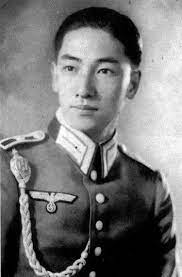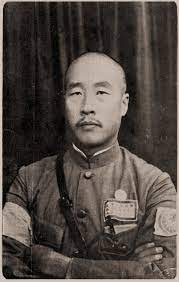Chu Ch'i-hua (28 December 1907-1945), a professional Communist agitator from 1921 to 1929, left the Chinese Communist party and began to write in the field of modern Chinese social history. He served (1938-41) under Hu Tsung-nan at the Sian training center for political workers. In 1941 he was arrested and imprisoned as a Communist spy; […]








